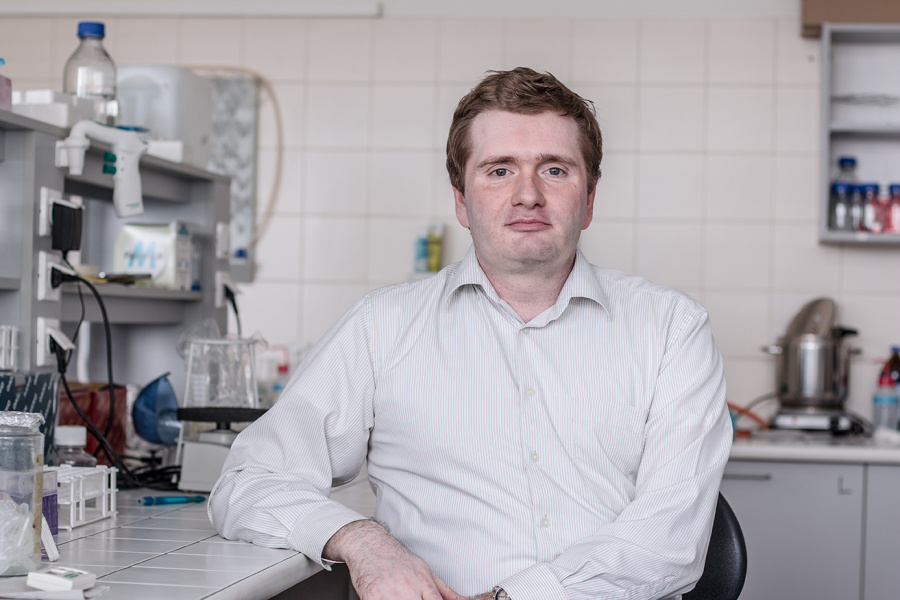New virus discovered: Biologists from Ostrava have scored!
Scientists from the University of Ostrava discovered a new virus that nobody had ever seen before. They gave the surprising discovery a symbolic name: OstraVirus. The city of the discovery becomes now famous around the world. However, the only common feature of Ostrava and the virus is the name and the fact that it has been found by the researchers from the University of Ostrava.
“It does not remind us of any other virus on the planet Earth. It is so different that we had to use special mathematical methods to confirm its virus nature. So far, we cannot say whether this is just a new species, tribe or a genus. However, it is certain that nobody has seen it before and that is a great discovery that is quite rare in researcher's life,” said the laboratory manager Vyacheslav Yurchenko.
Biologists from Life Science Research Center have basically found it by chance. “It was much broader biodiversity research – in other words, we wanted to see what else is out there. We worked on the project for four years and the discovery of OstraVirus has become the unexpected peak,” said Yurchenko.
His enthusiasm and excitement are shared by researchers across all continents. The paper about OstraVirus was published in one of the most prestigious multi-disciplinary scientific journals in the world: Proceedings of the National Academy of Sciences of the United States of America. Yurchenko and his team consider it to be a great opportunity to present not only this partial success, but the excellent science in the field of biology in Life Science Research Center (LSRC).
The Lab of Molecular Protozoology at LSRC has been successful with their research on alternative possibilities of Leishmaniasis vaccination – the disease which, according to Yurchenko's words, is not lucrative for pharmaceutical companies as it only attacks people in Asia and Africa. The team worked on the development of the so-called “self-destructive Leishmaniasis alternative” and also published the results in prestigious scientific journals.
On this project, Yurchenko cooperated with experts from the United States, Switzerland, Brazil, Lithuania, and Russia.

Updated: 25. 04. 2018


















